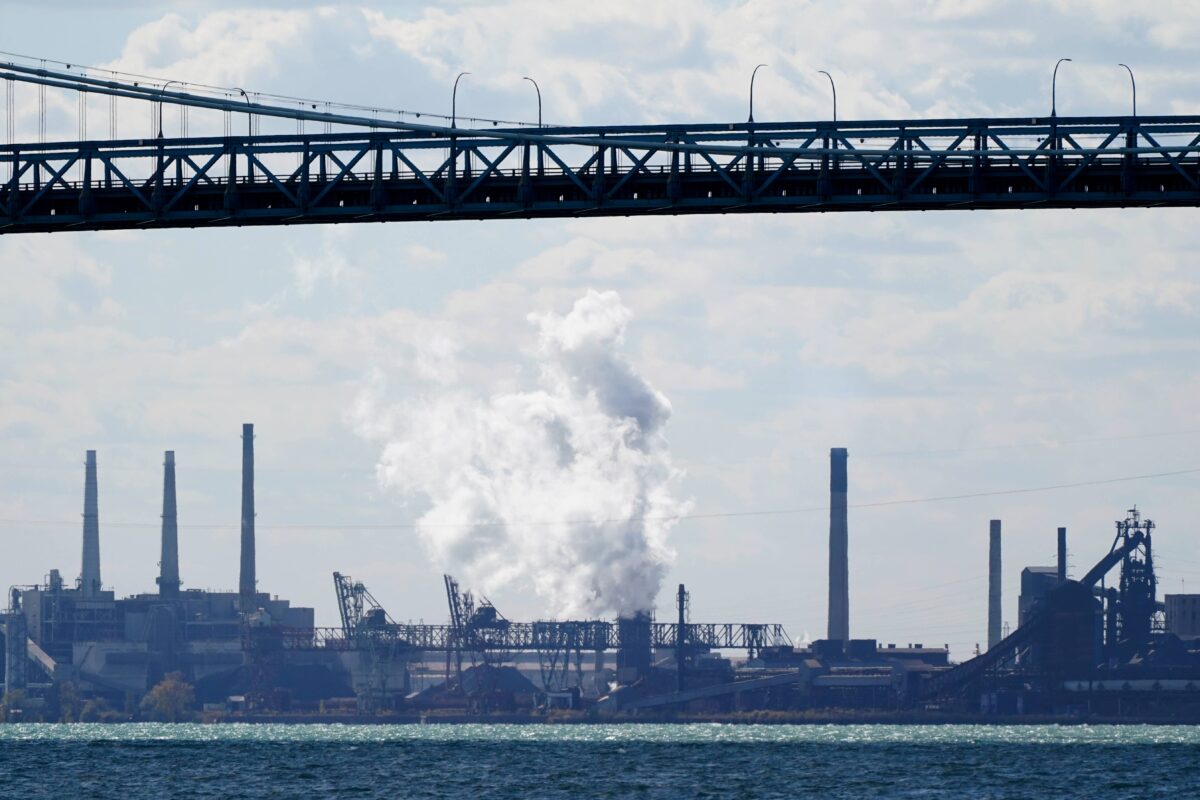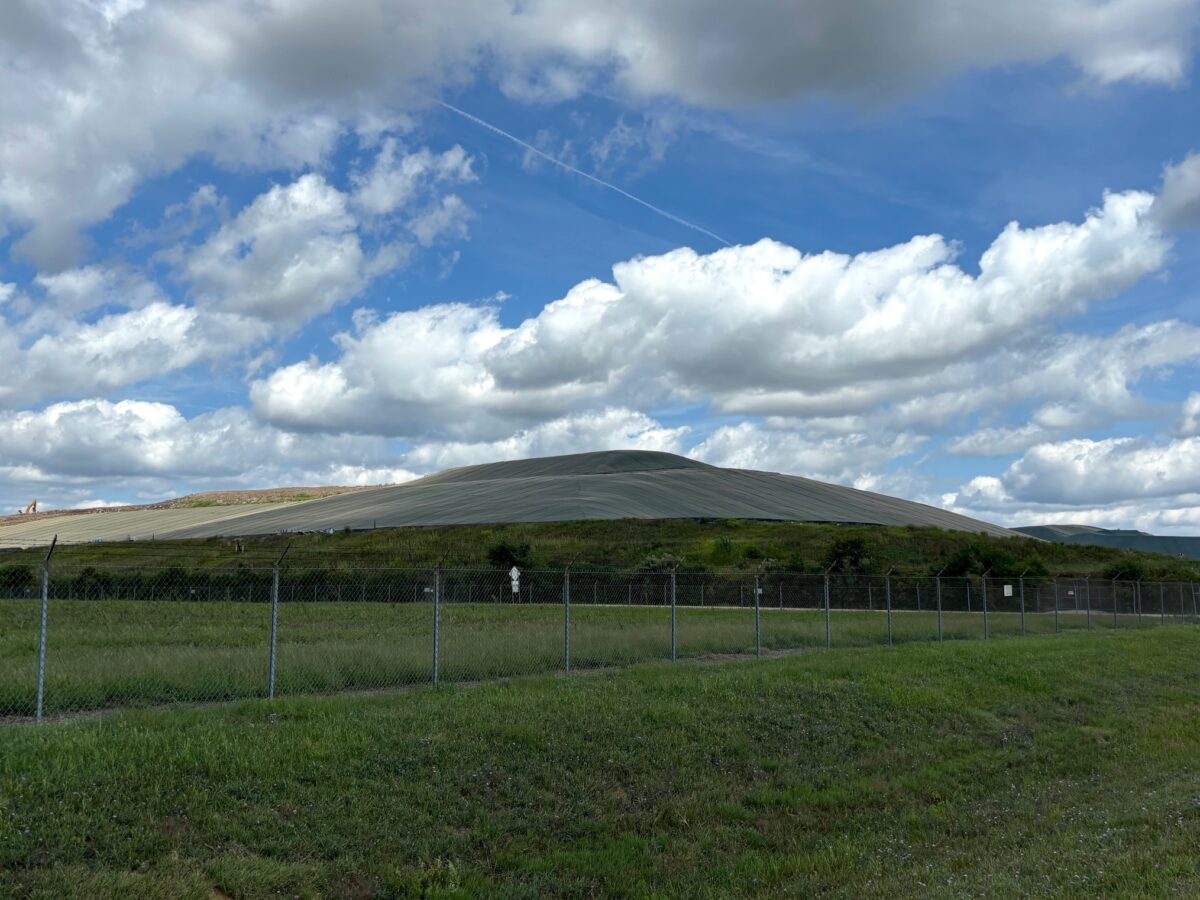Overview:
-"Polluter pay" legislation, facing broad opposition from Republicans, failed last year but Democrats said they are engaging with industry stakeholders to craft laws that will target the worst sites and offenders.
-"I still expect universal opposition from polluters. Industry isn't going to support more stringent standards no matter how reasonable, because it costs them money," says state Sen. Jeff Irwin.
-Michigan has tens of thousands of toxic sites, including many onetime commercial enterprises, that will likely fall within the proposal’s reach.
By Douglas J. Guth
Inside Climate News
This article originally appeared on Inside Climate News, a nonprofit, non-partisan news organization that covers climate, energy and the environment. Sign up for their newsletter here.
Michigan lawmakers are again aiming to boost state environmental cleanup standards and force polluting industries to rehabilitate brownfield sites. “Polluter pay” legislation, facing broad opposition from Republicans, failed last year but Democrats said they are engaging with industry stakeholders to craft laws that will target the worst sites and offenders.
Democratic Sen. Jeff Irwin and Rep. Jason Morgan, of Ann Arbor, said they intend to rework bills that ensure companies and utilities pay for cleanups and open their records for public review. The legislation, which they plan to reintroduce in June, would also allow legal recourse for residents who suspect they have been harmed by the pollution.
The measure passed the state Senate last year but was lost amid a tumultuous and early end to the Michigan legislature’s lame duck session in December.
“We’ve migrated from ‘Let’s make this law that holds polluters to account,’ to ‘How can we focus on the most egregious cases,’” Irwin said. “How can we work around the edges of the law so as not to fundamentally change its approach, but nonetheless get better results?
“The idea is to require better cleanups of contaminated land and discourage companies from leaving a mess in the first place. I still expect universal opposition from polluters. Industry isn’t going to support more stringent standards no matter how reasonable, because it costs them money.”
The lawmakers are part of a working group that includes the Michigan Manufacturing Association, the Michigan Chemistry Council and some manufacturers. They said they want industries and state regulators to collaborate in the pollution assessment process, and they envision a negotiation process with some tough compromises.
It is likely that some sites will never meet residential standards, Irwin said.
“That gives us more flexibility to address those standards where they make sense,” Irwin said. “Some properties might continue to be designated for industrial use. Auto plants and other large industrial sites are the ones that may not be fully cleaned up (to residential standards).”
First introduced in 2023, Michigan Senate bills 605–611 are far different from laws recently passed in Vermont and New York, which are also often described as “polluter pays” measures. The Vermont and New York bills are modeled after the federal Superfund law, and would essentially tax big oil companies for their historic greenhouse gas emissions.
In Michigan, lawmakers are seeking accountability from businesses and industries that for years have left toxins in the ground or in the water.
THE LATEST FROM PLANET DETROIT
EPA eyes rollback of Biden’s environmental justice FOIA provision
The EPA’s proposal to revoke a Biden-era FOIA provision threatens transparency for communities facing high pollution, sparking concerns over environmental justice.
Is Wayne County’s health at risk from radioactive waste?
Residents of western Wayne County face potential health risks as a bench trial examines the impact of radioactive waste shipments, with experts highlighting the need for effective shielding to mitigate exposure.
A night of change: Detroit 2030 District’s annual kickoff party promises a greener future
The Detroit 2030 District’s annual Kickoff Party on February 26, 2026, will unite building professionals, sustainability advocates, and community leaders to champion strategies that cut carbon emissions in Detroit’s built environment.
Testing toxic sites
Michigan has tens of thousands of toxic sites, including many onetime commercial enterprises, that will likely fall within the proposal’s reach. The former Gelman Sciences Inc. site in Ann Arbor, which manufactured medical filters and related products for the pharmaceutical and microelectronic industries, is a prime example.
The chemical solvent known as 1,4-dioxane, a potential carcinogen, was used in production and has been found in local groundwater and nearby wells. The state and Washtenaw County have been overseeing remediation activities at the site for over 30 years. The federal Environmental Protection Agency has recommended the site to the National Superfund Priorities List.
Irwin said troubled sites will be evaluated and tested, with soil and water samples, for a range of toxins. “Is the site near a residential area, or is it located downtown?” Irwin said. “The goal is to take this case by case, and allow flexibility for sites that are in different locations.”
Progress Michigan, an advocacy organization, said its polls show over 90% of the public support laws that could save taxpayers from huge remediation costs. Dave Dempsey, senior advisor at For Love of Water, a nonprofit advocacy group focused on the Great Lakes Basin, said the proposed legislation is an attempt at fairness.
The Department of Environment, Great Lakes and Energy “estimates it will cost $13 billion for all these cleanups,” Dempsey said. “It could take two generations to do this, or until the end of the century. Now we just have these old sites discharging pollution into rivers and lakes.” Dempsey’s organization also wants to prevent an increase in abandoned toxic sites.
Taxpayers are currently footing the bill for so-called “orphan sites,” locations where owners are unclear or unidentified. Under current law, developers who clean up unclaimed brownfields receive tax increment financing, Irwin said.
The biggest culprits
Sean McBrearty, director of the nonprofit Michigan Clean Water Action, said he wonders if any polluter pay effort can succeed when corporations are often the biggest culprits. McBrearty pointed to DTE Energy, which has faced legal action over its coal-fired power plants and other facilities.
“There are industrial accidents that haven’t been cleaned up because it’s cheaper to lobby the legislature than clean up contaminated sites,” said McBrearty, whose organization has worked with Irwin’s latest version of legislation.
Irwin acknowledged that his bill will again face tough political realities. “We worry about a ‘pay-to-play’ environment where companies will use payments to stop an investigation,” Irwin said. “Now that the Michigan House is Republican, that adds more of a challenge.”





